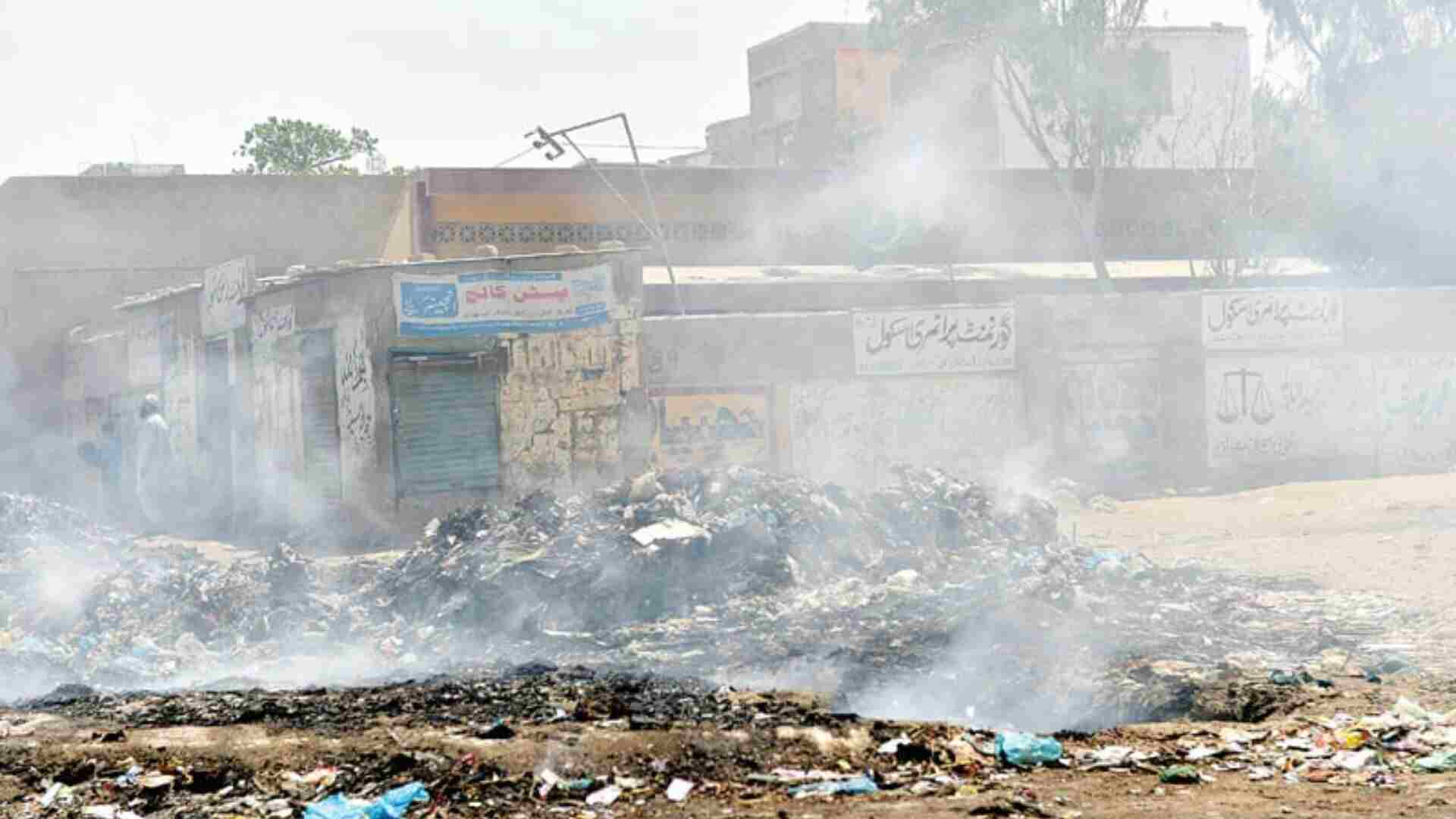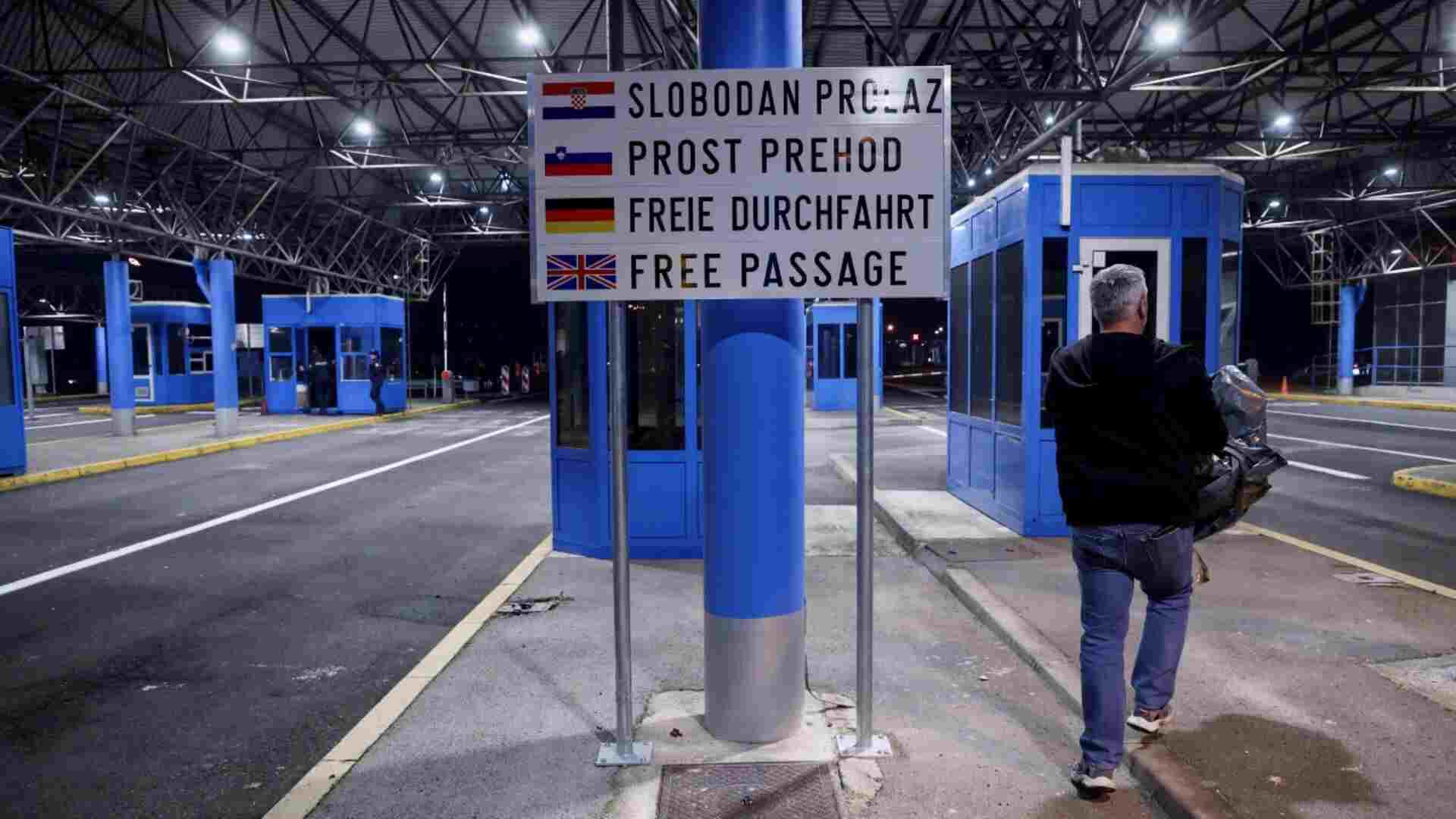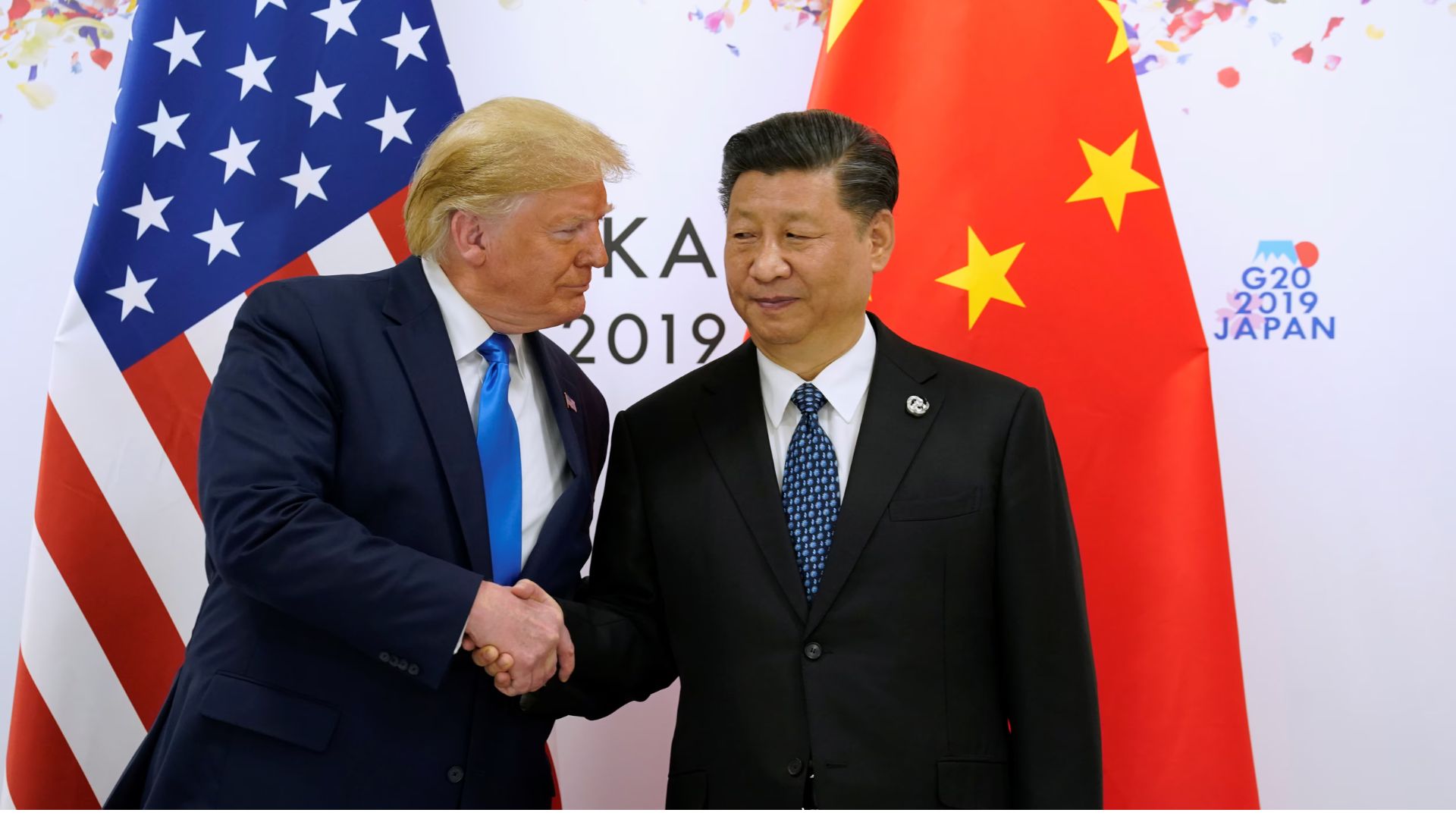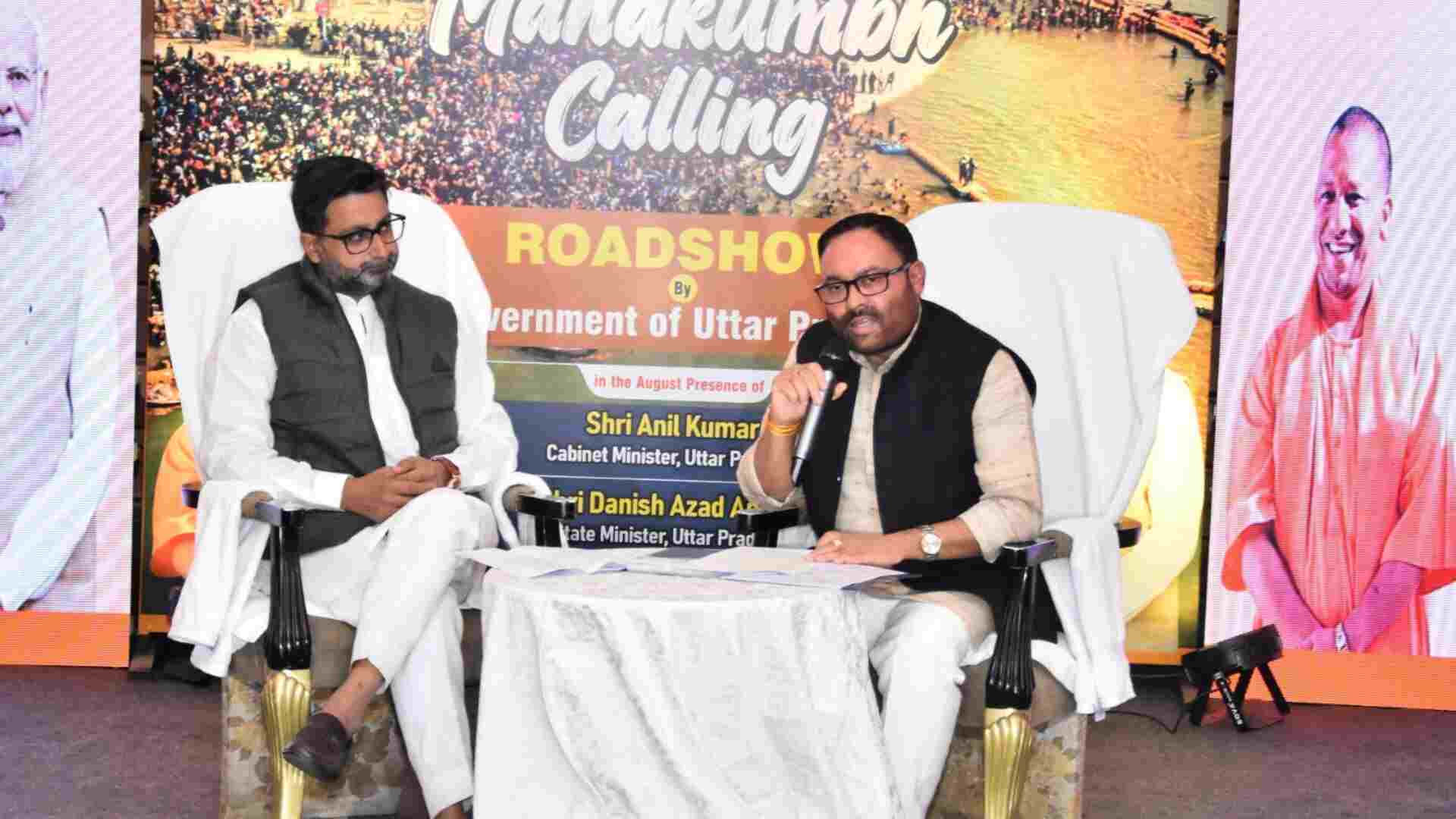

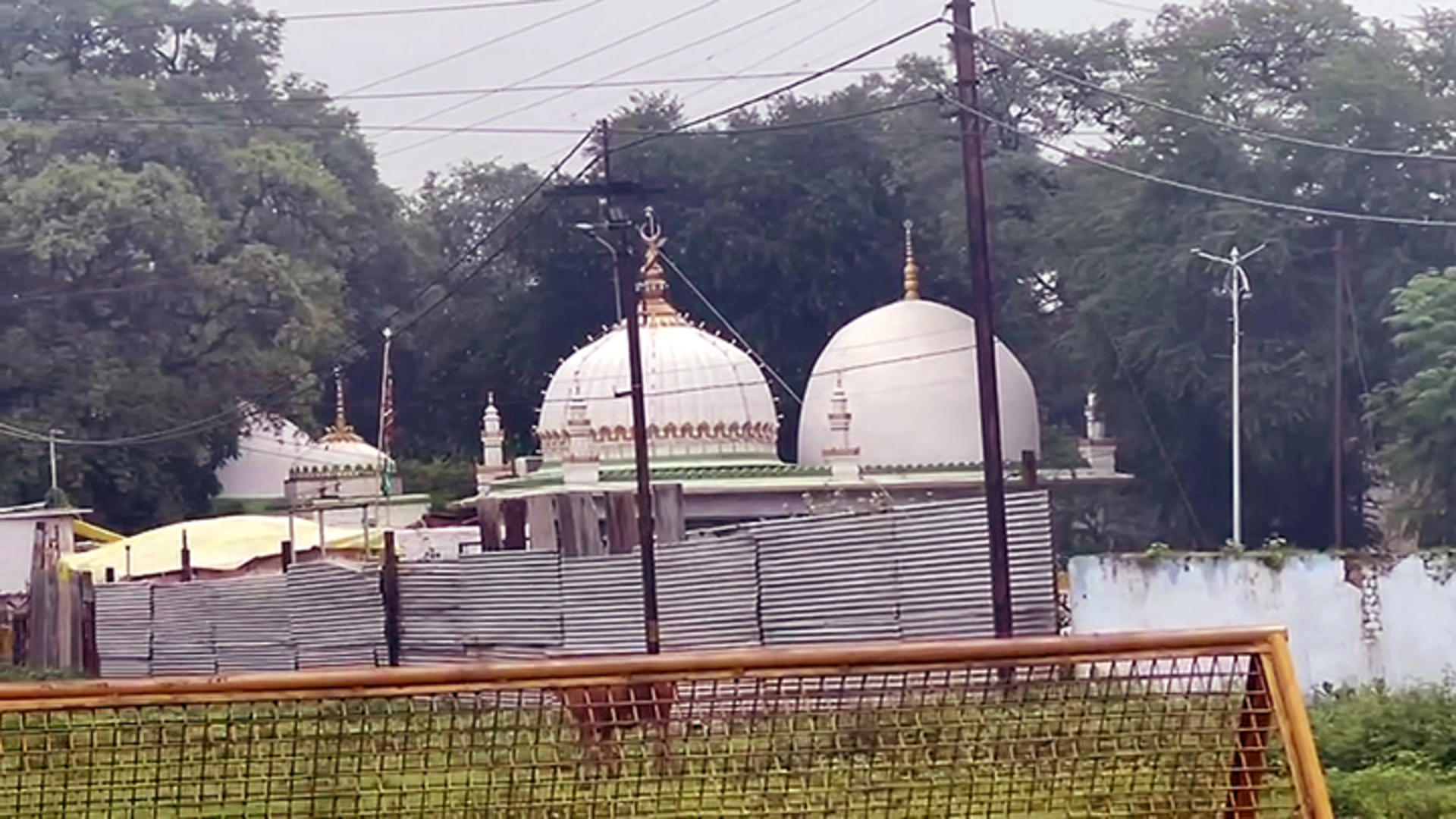
After Supreme Court of India gave orders to all courts nationwide to halt the registration of new suits and the issuance of any effective interim or final orders, including those authorizing surveys, in cases concerning existing religious structures earlier today, advocate Barun Kumar Sinha clarified ongoing cases under Places of Worship Act will continue.
This directive will remain in effect while the apex court deliberates on petitions challenging the constitutional validity of the Places of Worship (Special Provisions) Act, 1991.
A bench comprising Chief Justice of India Sanjiv Khanna and Justices PV Sanjay Kumar and KV Viswanathan emphasized the importance of maintaining the status quo in such sensitive matters. The bench stated, “As the matter is sub judice before this court, we deem it fit to direct that while suits may be filed, no suits will be registered, and proceedings will not commence until further orders of this court. In pending suits, courts will not issue any effective interim or final orders, including orders for surveys.”
Advocate Barun Kumar Sinha clarified the implications of the Supreme Court’s order, noting that while existing lawsuits will continue, no other court can authorize any surveys while the case is pending in the apex court. He stated, “The Supreme Court has scheduled another date for the hearing. The court has also passed an order that no new lawsuits can be registered regarding the Places of Worship Act. Existing lawsuits will proceed, but no other court can authorize any survey while this case is pending.”
Advocate Mehmood Pracha highlighted the broader context of the issue, pointing out attempts to reclassify numerous mosques as temples. He remarked, “While this case is pending in the Supreme Court, no lower court can pass any related orders. The Places of Worship Act 1991 clearly states that no person can approach the court on such matters.”
The Supreme Court’s directive comes amid reports that 18 suits are currently pending across the country against 10 mosques or shrines. The central government has been granted four weeks to submit an affidavit in response to the batch of petitions challenging provisions of the Places of Worship Act, which prohibits the filing of lawsuits to reclaim places of worship or alter their character as of August 15, 1947.
This development underscores the judiciary’s cautious approach in handling matters related to religious structures, aiming to prevent any actions that could potentially disrupt communal harmony while the legal challenges are under consideration.
